A tenuous cease-fire between Israel and Iran held Wednesday despite early tensions, sparking cautious optimism for a potential long-term peace deal as Tehran remained adamant about continuing its nuclear program.
The cease-fire took hold Tuesday, the 12th day of the war between Israel and Iran, with each side initially accusing the other of violating it until the missiles, drones and bombs finally stopped.
On Wednesday, U.S. President Donald Trump, who helped negotiate the cease-fire, told reporters at a NATO summit in the Netherlands that it was going “very well.”
“They’re not going to have a bomb and they’re not going to enrich,” Trump said about Iran.
Iran has insisted, however, that it will not give up its nuclear program and in a vote underscoring the tough path ahead, Iranian parliament agreed to fast-track a proposal that would effectively stop the country’s cooperation with the International Atomic Energy Agency, the Vienna-based U.N. watchdog that has been monitoring the Iranian nuclear program for years.
Ahead of the vote, Iranian Parliament Speaker Mohammad Bagher Qalibaf criticized the IAEA for having “refused to even pretend to condemn the attack on Iran’s nuclear facilities” that were carried out by the U.S. on Sunday.
“For this reason, the Atomic Energy Organization of Iran will suspend cooperation with the IAEA until security of nuclear facilities is ensured, and Iran’s peaceful nuclear program will move forward at a faster pace,” Qalibaf told lawmakers.
In Vienna, IAEA Director-General Rafael Mariano Grossi said he had already written to Iran to discuss resuming inspections of their nuclear facilities.
Among other things, Iran claims to have moved its highly enriched uranium ahead of the American strikes and Grossi said his inspectors needed to reassess the country’s stockpiles.
“We need to return,” he said. “We need to engage.”
The American strikes hit three Iranian nuclear sites, which Trump said had “completely and fully obliterated” the country’s nuclear program.
From Tehran, Iran’s Foreign Ministry spokesman, Esmail Baghaei, confirmed Sunday’s strikes by American B-2 bombers using bunker-buster bombs had caused significant damage.
“Our nuclear installations have been badly damaged, that’s for sure,” he told Al Jazeera on Wednesday, while refusing to go into detail.
He seemed to suggest Iran might not shut out IAEA inspectors for good, however, noting the bill before parliament only talks of suspending work with the agency, not ending it. But he also insisted Iran has the right to pursue a nuclear energy program.
“Iran is determined to preserve that right under any circumstances,” he said.
Trump’s special envoy to the Mideast, Steve Witkoff, said on Fox News late Tuesday that Israel and the U.S. had now achieved their objective of “the total destruction of the enrichment capacity” in Iran, and Iran’s prerequisite for talks – that Israel end its campaign – had also been fulfilled.
“The proof is in the pudding,” he said. “No one’s shooting at each other. It’s over.”
At the NATO summit, when asked about a U.S. intelligence report that found Iran’s nuclear program has been set back only a few months, Trump scoffed and said it would at least take “years” to rebuild.
Israeli military spokesman Brig. Gen. Effie Defrin said Wednesday his country’s assessment was also that Iran’s nuclear facilities had been “significantly damaged” and its nuclear program “set it back by years.”
Grossi said he could not speculate on how bad the damage was but that Iran’s nuclear capabilities were well known.
“The technical knowledge is there and the industrial capacity is there,” he said. “That no one can deny, so we need to work together with them.”
An Israeli official, speaking on condition of anonymity to discuss internal deliberations, said the cease-fire agreement with Iran amounted to “quiet for quiet,” with no further understandings about Iran’s nuclear program going ahead.
In the Fox News interview, Witkoff said Trump is now looking to land “a comprehensive peace agreement that goes beyond even the cease-fire.”
“We’re already talking to each other, not just directly, but also through interlocutors,” Witkoff said, adding that the conversations were promising and “we’re hopeful that we can have a long-term peace agreement.”
However, Baghaei, the Iranian spokesman, said Washington had “torpedoed diplomacy” with its attacks on Iran’s nuclear sites, and that while Iran in principle was always open to talks, the country’s national security was the priority.
“We have to make sure whether the other parties are really serious when they’re talking about diplomacy, or is it again part of their tactics to make more problems for the region and for my country,” he said.
China, a permanent member of the U.N. Security Council and close Iranian partner, also weighed in on Wednesday, saying it hoped a “lasting and effective cease-fire can be achieved so as to promote” peace and stability in the region.
China is a major buyer of Iranian oil and has long supported its government politically, blaming Israel for starting the latest conflict and destabilizing the region.
Foreign Ministry spokesperson Guo Jiakun told reporters in Beijing that in the wake of the conflict, China is willing to “inject positive factors to safeguard peace and stability in the Middle East.”
Grossi said Iran and the international community should seize the opportunity of the cease-fire for a long term diplomatic solution.
“Out of the … bad things that military conflict brings, there’s also now a possibility, an opening,” he said. “We shouldn’t miss that opportunity.”
During the 12-day war, at least 28 people were killed in Israel and more than 1,000 were wounded, according to officials.
Tehran on Tuesday put the death toll in Iran at 606, with 5,332 people wounded. The Washington-based Human Rights Activists group released figures Wednesday suggesting Israeli strikes on Iran had killed at least 1,054 people and wounded 4,476.
The group, which has provided detailed casualty figures from multiple rounds of unrest in Iran, said 417 of those killed were civilians and 318 were security force personnel.
During the war, Israeli airstrikes also targeted Iran’s top military leadership and other sites associated with its ruling theocracy.
With the cease-fire in place, Iranians are trying to return to their normal lives.
State media described heavy traffic around the Caspian Sea and other rural areas outside of the capital, Tehran, as people began returning to the city.

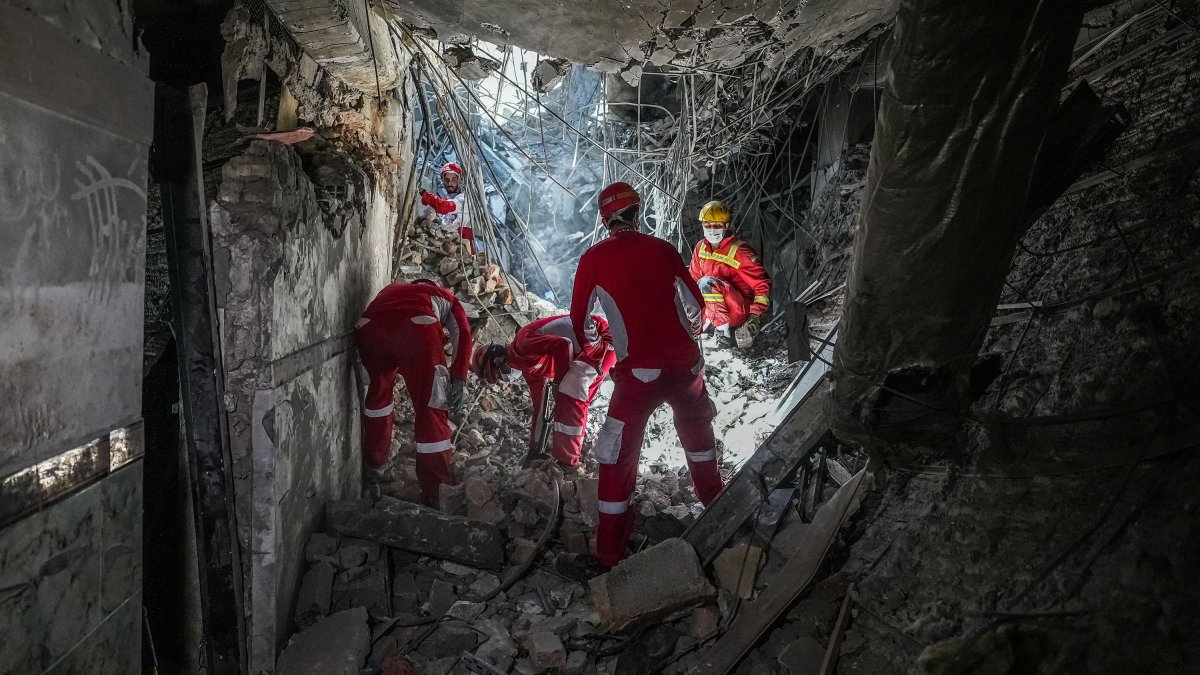

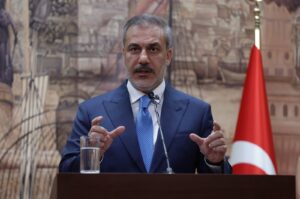

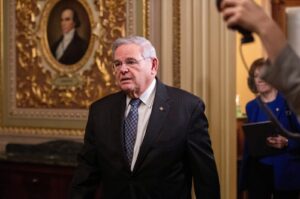

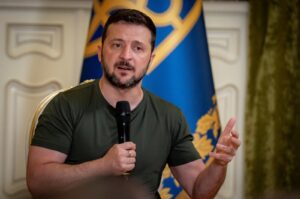



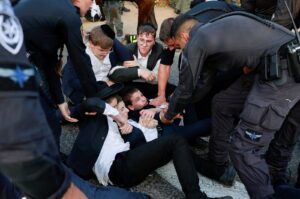
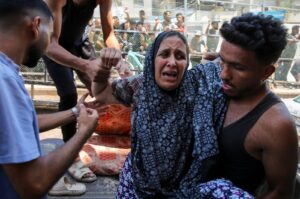
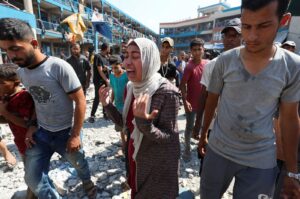
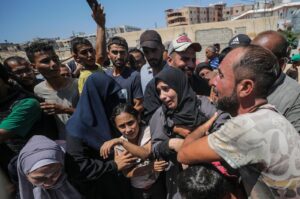
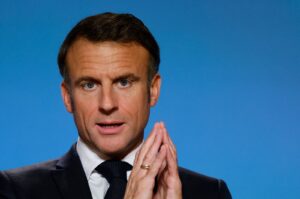
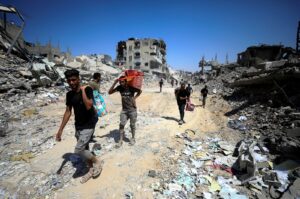


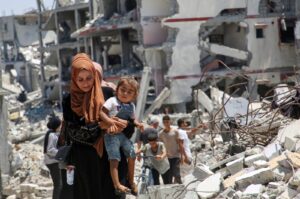
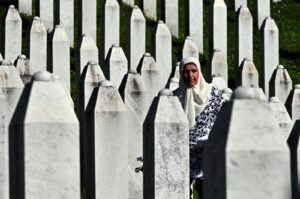
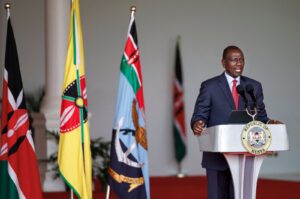
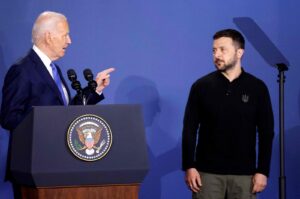
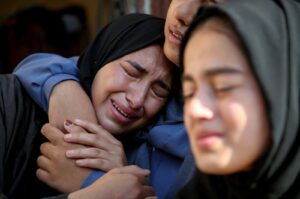
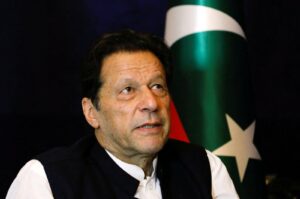
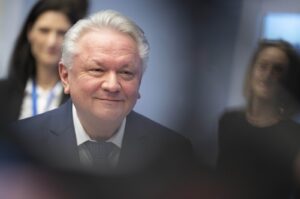


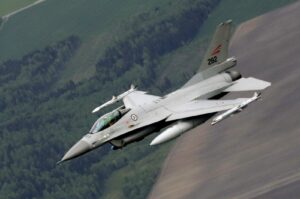
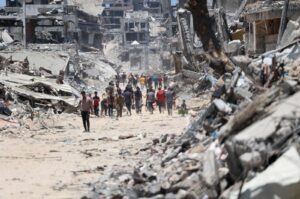
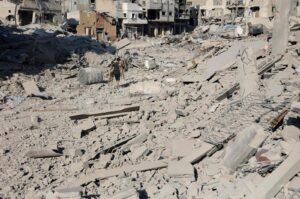
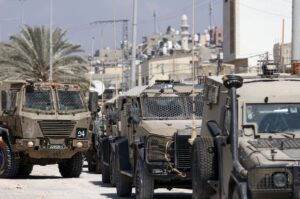
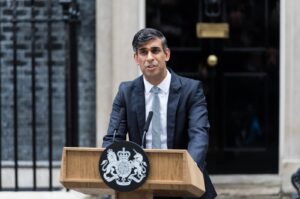
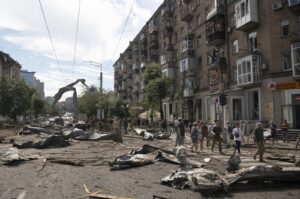
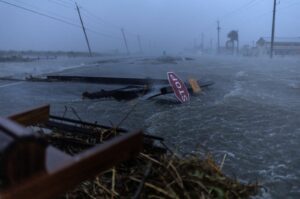
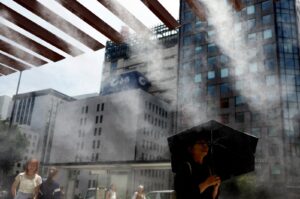
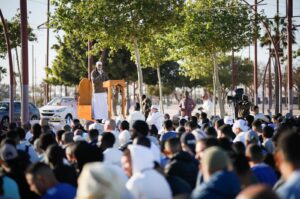


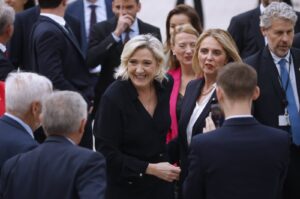
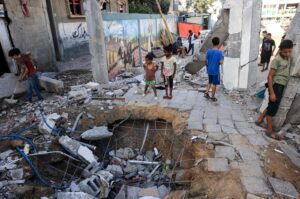
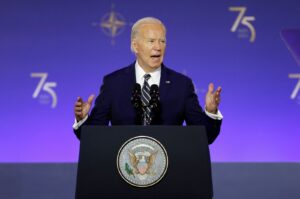
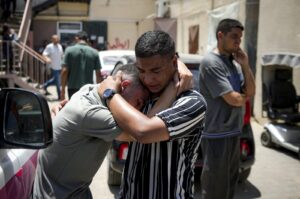
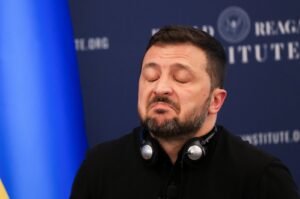
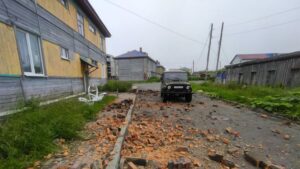

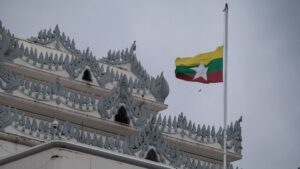




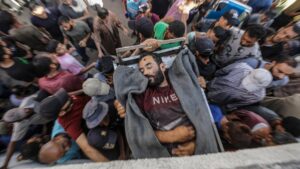
Be First to Comment